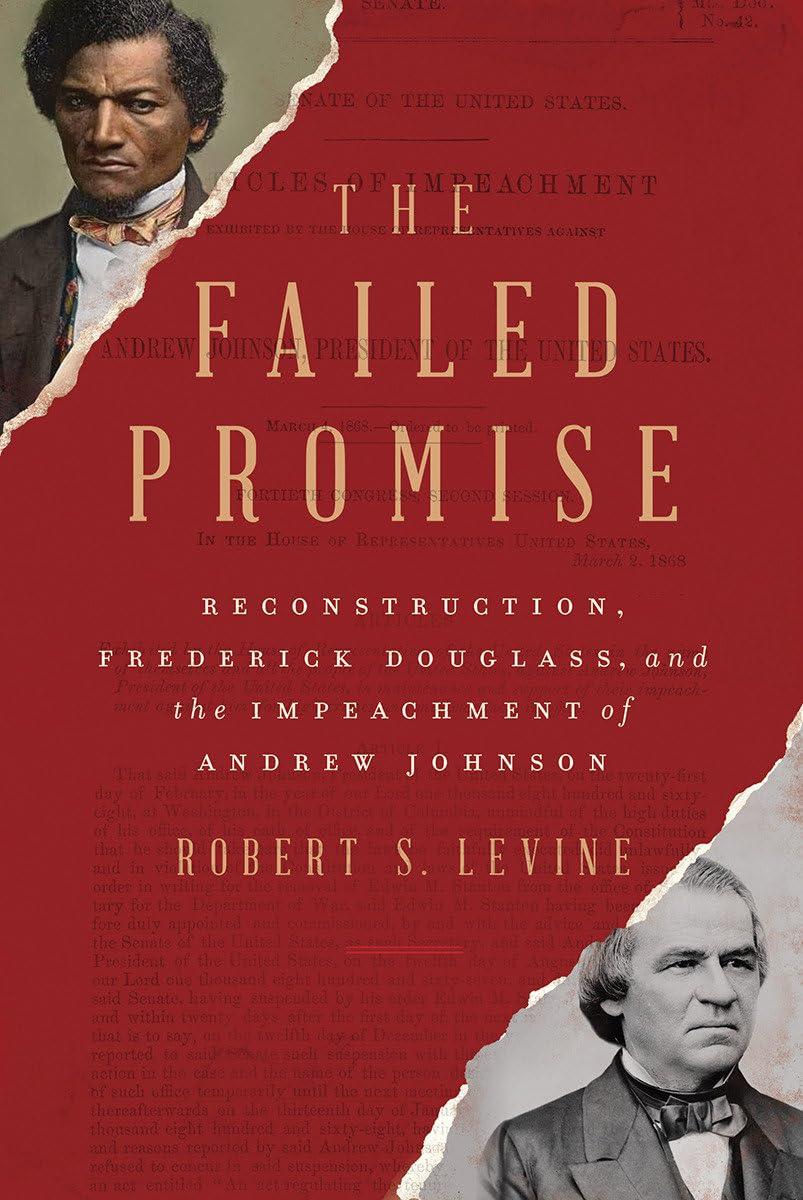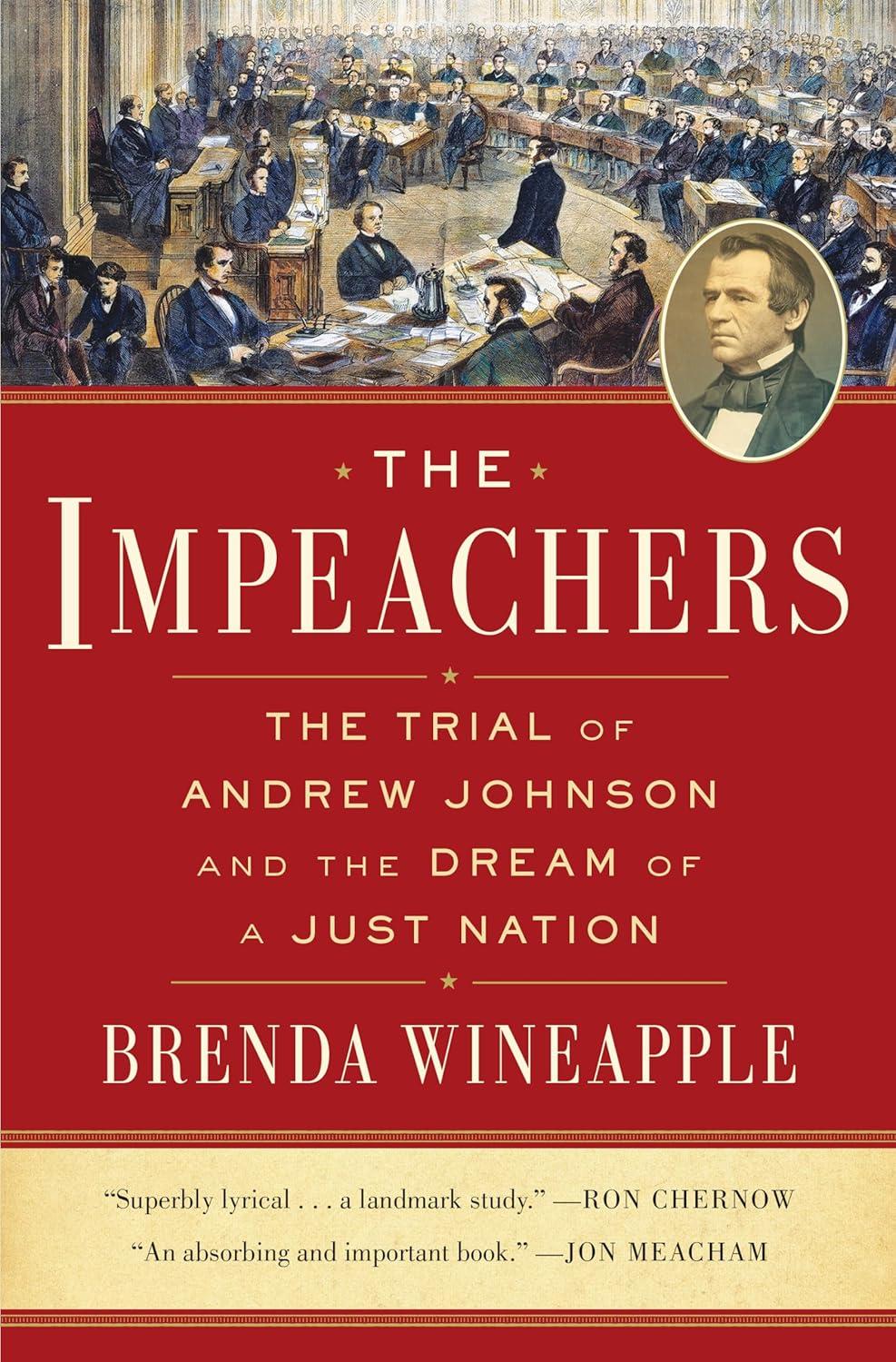Who were America’s worst presidents? In a 2021 survey of historians, C–SPAN found that Andrew Johnson ranked next to last, just above James Buchanan and below Franklin Pierce, who was tied with Donald Trump. A 2021 ranking of “the 10 worst US presidents” by US News and World Report put Johnson third from the bottom, ahead of Trump and the perennial loser, Buchanan.
Johnson wasn’t always viewed this negatively. The so-called revisionist historians and biographers of the Jim Crow era saw him as a man of conviction who, despite some flaws, adhered to the Constitution in a time of crisis and boldly defied the Radical Republicans in Congress who led the effort to impeach him. From this perspective, Johnson’s Republican opponents were fanatics who after the Civil War were overly intent on punishing former Confederates and pursuing rights for Black people. Johnson, so the story went, was a champion of constitutional order, while his foes were deluded power seekers. The pro-Johnson view was so influential that John F. Kennedy, in his book Profiles in Courage (1956), sang the praises of Edmund G. Ross, the Kansas senator who at Johnson’s impeachment trial cast the decisive vote against his removal from office.
The civil rights movement in the 1960s precipitated Johnson’s fall from grace. He is now widely seen as an intransigent racist who vetoed civil rights legislation and did what he could to block the passage of the Fourteenth Amendment, which among other things guaranteed birthright citizenship and the equal protection of the laws.
Could Johnson’s reputation be restored? In the opening section of The Failed Promise, Robert S. Levine takes on the formidable challenge of rehabilitating Johnson’s early career, arguing that at the start of his presidency he actually seemed to have great potential. Levine describes Johnson as a self-made man in the pattern of Andrew Jackson or Abraham Lincoln. Born into poverty in Raleigh, North Carolina, in 1808, he moved at seventeen to Tennessee. An autodidact, he had no formal schooling yet learned to love reading. He worked his way up through humble jobs to become a forceful orator and a prominent Democratic politician who won favor among Tennessee voters by presenting himself as the champion of the common man, serving as a congressman, as governor, and, beginning in 1857, as a US senator.

